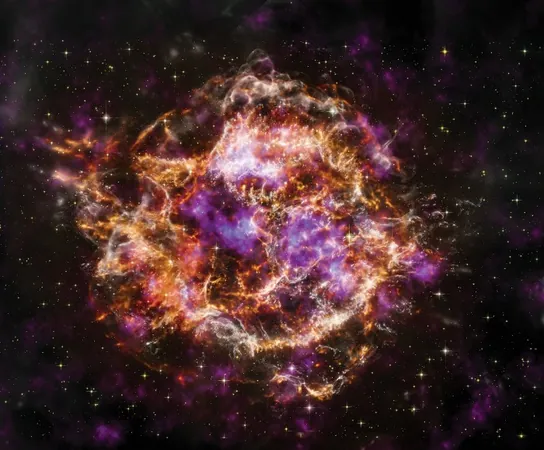
Unlocking the Mysteries of Lithium: Are We Closer to Solving the Cosmic Puzzle?
2025-05-22
Author: Liam
The Enigmatic Nature of Lithium in the Universe
Lithium stands out in the cosmic lineup as one of the few elements believed to have not just one, but at least three incredibly intriguing origins: the Big Bang, stellar nuclear reactions, and cosmic ray collisions. Scientists have long puzzled over the amount of lithium-7 produced right after the Big Bang, only to find a peculiar gap between what we observe in ancient stars and what our models predict. This discrepancy raises crucial questions about our understanding of the universe's formation and its chemical evolution—could it be a flaw in our models, a misinterpretation of stellar data, or perhaps a hidden cache of lithium we still need to track down?
Cosmic Rays: A Clue in the Lithium Mystery
Cosmic rays could hold the key to this lithium riddle. They are known to carry significant amounts of lithium’s two stable isotopes: lithium-6 and lithium-7. There was a theory floating around suggesting that some of the missing lithium-7 might have been synthesized during the Big Bang. However, a groundbreaking new study from an international research team has put this theory to rest with unprecedented precision measurements of both isotopes.
A First-of-Its-Kind Discovery
Vitali Choutko, a physicist from the Massachusetts Institute of Technology, noted that these measurements mark the first experimental results of their kind. The findings come from the Alpha Magnetic Spectrometer (AMS) aboard the International Space Station, which boasts a unique combination of a magnetic spectrometer and a precision velocity detector. Over twelve years, researchers analyzed around 2 million lithium nuclei, producing data that led three research teams to evaluate the ratios of lithium-6 to lithium-7 across a range of energies. Shockingly, they discovered that the amounts of these isotopes remained consistent.
The Search for Missing Lithium Continues
According to Katharina Lodders, a cosmochemist at Washington University in St. Louis, if there were significant amounts of lithium-7 hiding in the interstellar medium, the AMS would have revealed different results. Her assessment: “This effectively eliminates one possibility of where the ‘missing’ lithium-7 could be hiding. So the cosmological lithium problem remains.”
Are We Misunderstanding Cosmic Models?
Brian Fields, a theoretical astrophysicist at the University of Illinois Urbana-Champaign, isn’t surprised by these findings. He believes the universe is not missing lithium, but that the discrepancies stem from flawed assumptions within cosmic models. “Theorist opinions are a dime a dozen. Data is the final arbiter of what’s going on,” Fields asserts, praising the AMS data as “just super gorgeous.”
As scientists continue to probe the cosmos for answers, the mystery of lithium's origins and its cosmic balance remains tantalizingly unsolved. What hidden elements of the universe are still waiting to be discovered?

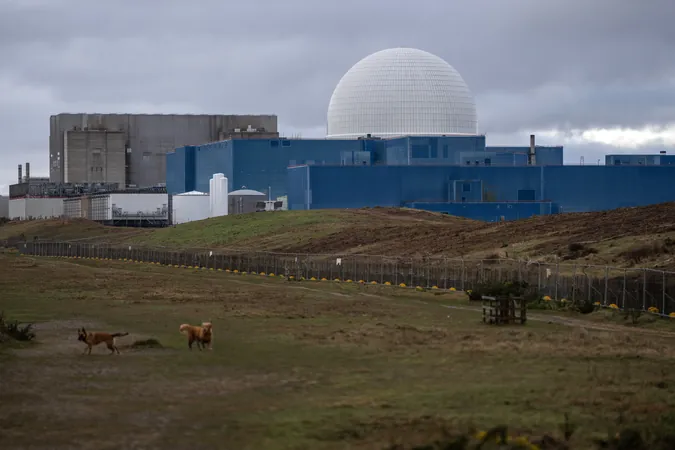



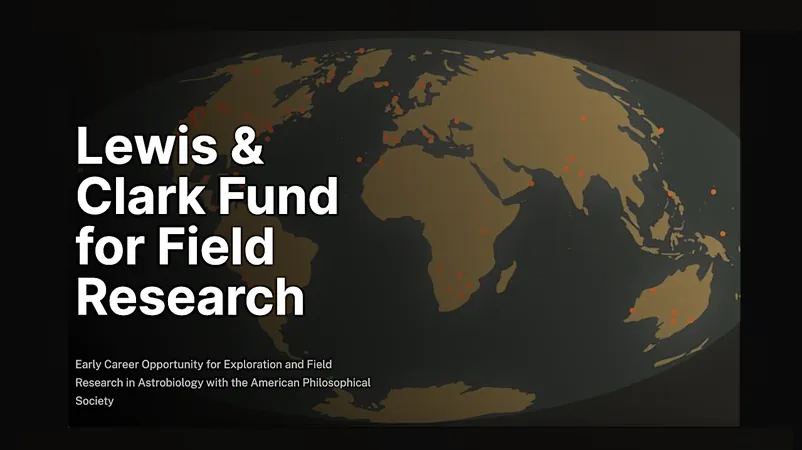
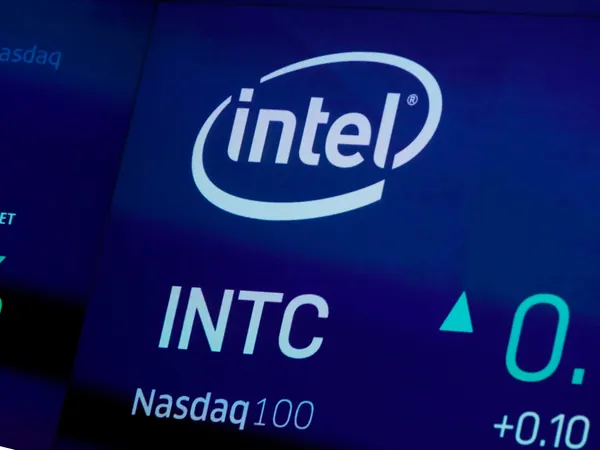

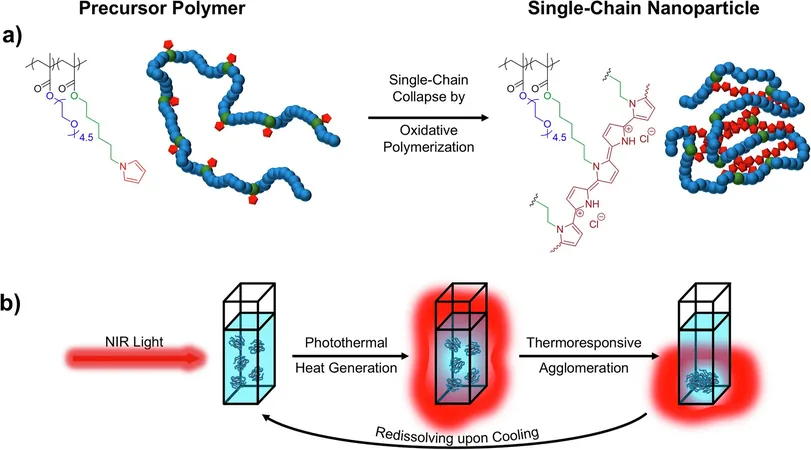
 Brasil (PT)
Brasil (PT)
 Canada (EN)
Canada (EN)
 Chile (ES)
Chile (ES)
 Česko (CS)
Česko (CS)
 대한민국 (KO)
대한민국 (KO)
 España (ES)
España (ES)
 France (FR)
France (FR)
 Hong Kong (EN)
Hong Kong (EN)
 Italia (IT)
Italia (IT)
 日本 (JA)
日本 (JA)
 Magyarország (HU)
Magyarország (HU)
 Norge (NO)
Norge (NO)
 Polska (PL)
Polska (PL)
 Schweiz (DE)
Schweiz (DE)
 Singapore (EN)
Singapore (EN)
 Sverige (SV)
Sverige (SV)
 Suomi (FI)
Suomi (FI)
 Türkiye (TR)
Türkiye (TR)
 الإمارات العربية المتحدة (AR)
الإمارات العربية المتحدة (AR)